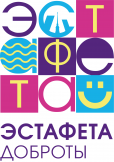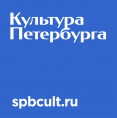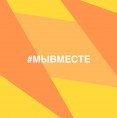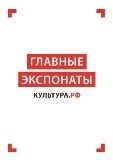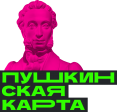- Opening of the exhibition «Celebrating the first anniversary of October in Petrograd»
- Opening of the exhibition «I will tell you an anecdote»
- Exhibition “Material evidence”
- Meet our new logo!
- Opening of the exhibition “Bamboo and Birch”
- Opening of the exhibition ro the 100-year formation of Czechoslovakia
- The presentation of Vereshchagin's painting «The execution of Conspirators in Russia»
- FIFA World Cup 2018 in Russia
- Opening of the exhibition «A Must-Visit»
- Opening of the exhibition «Karl Marx: Image and Symbol»
- Opening of the exhibition «Backed by the Typewriter Clicks: People and Events»
- Opening of the exhibition “I swear that I will faithfully serve the people!”
- Opening of the exhibition “But we are in commune now!”
- Opening of the exposition «The Empire on the Way to Modernisation. Russia in the XIXth – Early XXth Century»
Opening of the exhibition “I swear that I will faithfully serve the people!”
Before the presidential elections, the State Museum of the Political History of Russia opened an exhibition recounting the formation of the office of the presidency in our country from 1990 to 1993.
In the exhibition, visitors learn about the main stages of this process and the historical context of the formation of presidential power in the USSR and Russia from documents, photographs, posters and leaflets of the time. Some of the most interesting items include: election ballots for the election of the President of the USSR (1990), election ballots for the president of the RSFSR (1991) and documents from the archives of Victor Sheynis, one of the authors of the 1993 Constitution.
“This is a new theme for the museum. We are carefully approaching the question of how the museum should, for the first time, interpret the institution of the presidency,” said Evgeny Artеmov, the general director of the museum, at the opening of the exhibition. “This is due to the complexity of the topic, as well as to the fact that the formation and development of the office of the presidency is not yet complete. The collection is still developing.”
Artemov recalled that the emergence of the office of the presidency in our country was caused by the acute need to find new ways of governing society and state. “The liquidation of the communist party’s monopoly on power weakened the political system of a huge country. Political will was required to implement decisive measures in the social-economic sphere. This was one of the arguments in favor of introducing the office of the presidency, which became a connecting element between the legislative and executive powers” said Artemov.
“To the present day, there are still disputes over what the office of the presidency should be like and how it should develop,” added Alexander Shishlov, the Human Rights Commissioner in St. Petersburg. He drew attention to an interesting item from the exhibition—a letter written by teachers at a musical school in the city of Kirovsk, which was sent to delegates of the 19th Communist Party Conference in 1988. In the letter, the teachers wrote about the need for peaceful transition of power, limitations on the tenure of senior offices, and accountability for promises made before elections. “Thirty years have passed, but these questions are still relevant to us,” concluded Shishlov.
Doctor of Political Sciences Alexander Sungurov sharedhis memories about the foundational period of the presidency in Russia. At the
conclusion of the ceremony, the author of the exhibition Leonid Kuzeevich spoke
about how the exhibition was created.

